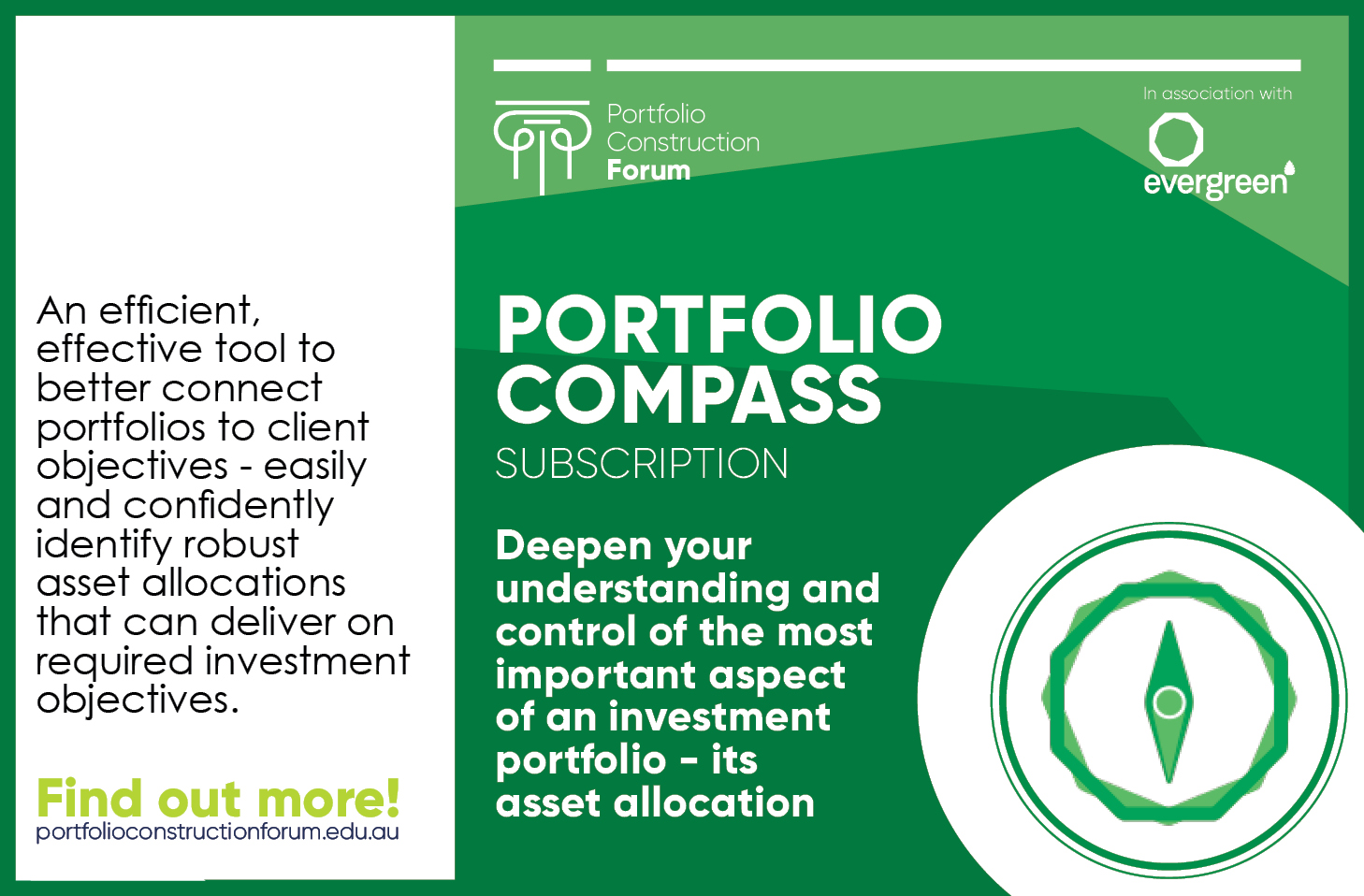Investors are blind to what they do not want to see
Herman Brodie | Prospecta | 15 July 2022 | 0.75 CE
The theory of cognitive dissonance was proposed in the 1930s by psychologist Leon Festinger. His argument was that the human mind is only very rarely in a state of cognitive equilibrium because we are constantly exposed to beliefs, information, ideas, judgments - things he called our cognitions - that contradict our existing ones. This causes us psychological discomfort, which he labeled dissonance. It won’t stop us in our tracks, but we don’t like it. Like a headache or toothache, it’s annoying and so we’re motivated to try and get rid of it. Simplifying a great deal, there ar...







